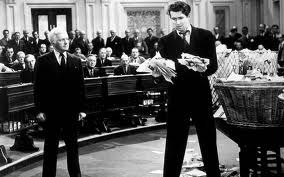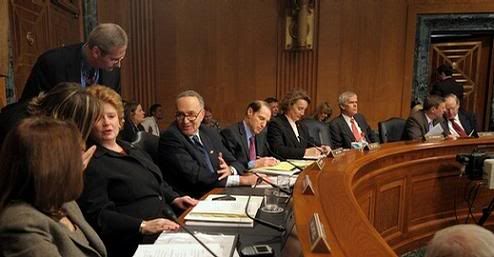By: inoljt, http://mypolitikal.com/
The electoral college is one of the lingering undemocratic parts of American politics. Unlike almost every other country in the world, America elects its presidents not via the popular vote but rather via a strange system of “electoral votes” distributed by states. The good news is that this system generally reflects the popular will. The bad news is that it occasionally fails, as last happened in 2000.
Since then there has been a push to reform the electoral college so that all states cast their electoral votes for the winners of the popular vote. Currently half the states needed to implement the reform have signed on.
More below.


 Victoria Reggie Kennedy, the wife of the late Ted Kennedy, has
Victoria Reggie Kennedy, the wife of the late Ted Kennedy, has 

